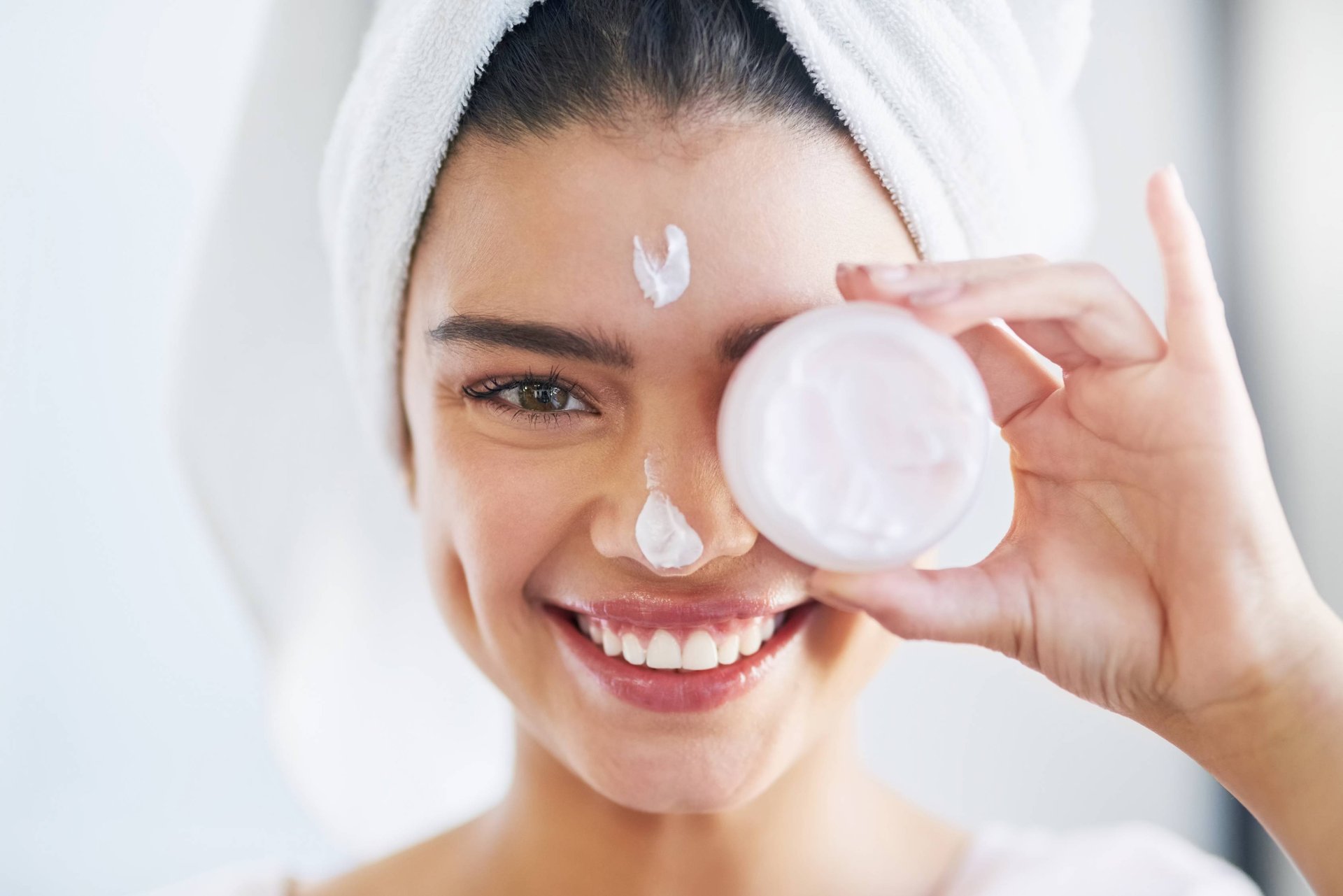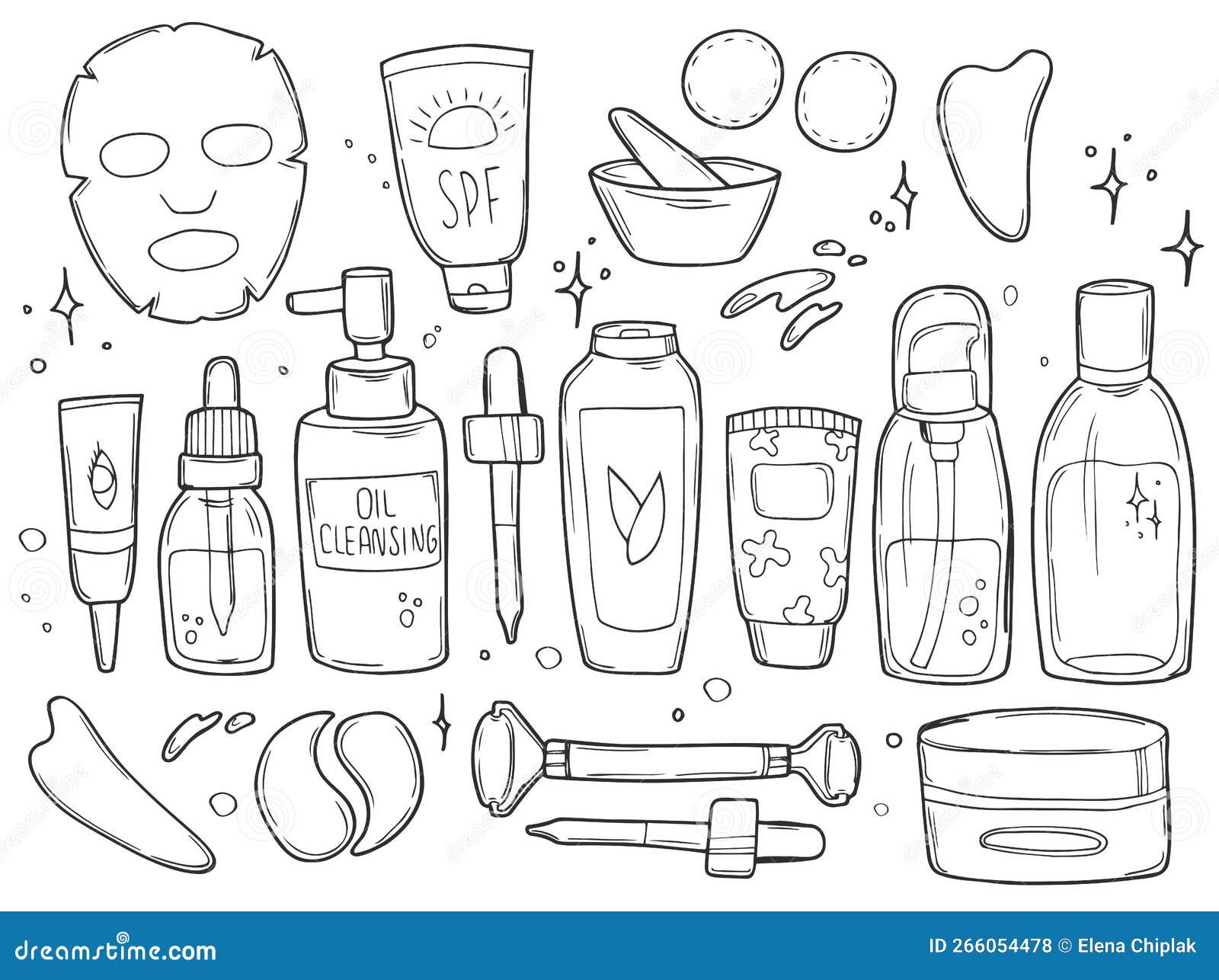Listen up, skincare enthusiasts! If you're wondering how to use skincare products properly, you're in the right place. Whether you're a beginner or someone who's been dabbling but still feels a little lost, we've got you covered. Skincare can seem overwhelming with all the jargon and steps, but don't worry—we’re here to break it down for you in a way that’s easy to understand and apply.
Let's face it, the skincare world is like a maze. One minute you're thinking, "Okay, I just need a moisturizer," and the next thing you know, you're staring at a shelf full of serums, toners, and essences. But hey, that's why we're here—to simplify things for you. We'll walk you through everything from the basics to advanced techniques so you can achieve that glowing skin you’ve always dreamed of.
Before we dive in, remember this: skincare is personal. What works for one person might not work for another, and that's okay. The key is finding what suits your skin type and sticking to a consistent routine. So, let's get started and turn that skincare confusion into confidence!
- How To Prepare Chamoy For Selling A Stepbystep Guide
- 99 Cent Store Headphones Are They Worth The Hype
Understanding Your Skin Type: The First Step in Skincare
Alright, let's talk about something super important—your skin type. Knowing your skin type is like having a roadmap for your skincare journey. Without it, you're just guessing, and no one likes guessing when it comes to their face. There are generally five main skin types: normal, dry, oily, combination, and sensitive. Each type requires a different approach, so identifying yours is crucial.
Here's a quick rundown:
- Normal Skin: Balanced, not too oily or dry. Lucky you!
- Dry Skin: Feels tight, flaky, and sometimes itchy. Moisture is your best friend.
- Oily Skin: Shiny, prone to breakouts. You need products that control oil without stripping your skin.
- Combination Skin: Oily in some areas (usually the T-zone) and dry in others. It's like having two skin types in one.
- Sensitive Skin: Easily irritated, redness, and reactions. Gentle products are a must.
Take some time to observe your skin. Look for patterns, like where it gets oily or where it feels dry. Once you know your skin type, you can start building a routine that caters to your specific needs.
- How To Say Pijama Or Pijama A Comprehensive Guide For Language Enthusiasts
- Massage Places Near Me Find Your Ultimate Relaxation Spot
Creating a Basic Skincare Routine
Now that you know your skin type, let's talk about creating a basic skincare routine. This is the foundation of your skincare journey, and trust me, it's worth getting it right. A basic routine typically includes three key steps: cleanse, treat, and moisturize. Simple, right? But don't underestimate the power of these steps.
Cleanse: Start your day and end your night with a good cleanse. This removes dirt, makeup, and excess oil from your skin. Choose a cleanser that suits your skin type—gentle for sensitive skin, foaming for oily skin, and hydrating for dry skin.
Treat: This is where the magic happens. Treatments can include serums, essences, or spot treatments. They target specific concerns like wrinkles, dark spots, or acne. Always patch test new products to see how your skin reacts.
Moisturize: No matter your skin type, moisturizing is essential. It keeps your skin hydrated and healthy. Look for a moisturizer that matches your skin's needs—lightweight for oily skin, rich for dry skin, and fragrance-free for sensitive skin.
Advanced Skincare Techniques: Taking It to the Next Level
Once you've got the basics down, you can start exploring more advanced techniques. This is where things get fun. Layering products, using masks, and incorporating exfoliants are just a few ways to elevate your routine.
Layering Products: The order in which you apply your skincare products matters. Start with the lightest consistency and work your way up to the heaviest. For example, serum goes on before moisturizer.
Using Masks: Face masks are a great way to give your skin an extra boost. Sheet masks are perfect for hydration, clay masks for detoxifying, and overnight masks for deep repair.
Incorporating Exfoliants: Exfoliation helps remove dead skin cells, revealing smoother, brighter skin underneath. There are two types: physical (scrubs) and chemical (AHAs and BHAs). Be careful not to overdo it, as this can irritate your skin.
Common Skincare Mistakes to Avoid
Even the best of us make mistakes when it comes to skincare. But hey, knowledge is power, and knowing what not to do is just as important as knowing what to do. Here are some common skincare mistakes to avoid:
- Over-cleansing: Washing your face too often can strip your skin of its natural oils.
- Skipping Sunscreen: Yes, even on cloudy days. UV rays can damage your skin and cause premature aging.
- Mixing Too Many Actives: Some active ingredients don't play well together. For example, mixing Vitamin C and retinol can irritate your skin.
- Not Patch Testing: Always test new products on a small area of your skin first to avoid reactions.
Remember, skincare is a marathon, not a sprint. Don't rush into changes or expect overnight results. Consistency is key.
Skincare Products You Should Know About
With so many skincare products on the market, it's easy to get overwhelmed. But fear not, we’ve got a list of must-know products that can make a real difference in your routine:
Vitamin C Serum
This powerhouse ingredient brightens your skin, evens out your complexion, and protects against environmental damage. Look for a serum with at least 10% Vitamin C for best results.
Hyaluronic Acid
A hydrating hero, hyaluronic acid draws moisture into your skin, keeping it plump and soft. It's perfect for all skin types, especially dry or dehydrated skin.
Retinol
Known for its anti-aging properties, retinol encourages cell turnover, reduces fine lines, and improves texture. Start slow and use it at night, as it can make your skin sensitive to sunlight.
Niacinamide
This multitasking ingredient reduces redness, regulates oil production, and improves overall skin health. It pairs well with most other actives, making it a versatile addition to your routine.
Skincare for Different Age Groups
Skincare needs change as we age, and it's important to adapt your routine accordingly. Here's a quick guide to skincare for different age groups:
20s
In your 20s, focus on prevention. Sunscreen, hydration, and gentle exfoliation are key. Start incorporating antioxidants like Vitamin C to protect your skin from environmental damage.
30s
Your 30s are all about maintenance. This is when you might start noticing fine lines and changes in your skin's texture. Add retinol to your routine to keep your skin looking youthful.
40s and Beyond
As you enter your 40s and beyond, your skin may become drier and less elastic. Focus on hydration and nourishment. Incorporate richer moisturizers and consider adding peptides to your routine for firming benefits.
Skincare on a Budget: Affordable Options
Skincare doesn't have to break the bank. There are plenty of affordable options that deliver great results. Here are a few budget-friendly picks:
- CeraVe Hydrating Cleanser: Gentle and hydrating, perfect for all skin types.
- The Ordinary Niacinamide 10% + Zinc 1%: A cost-effective solution for oil control and skin brightening.
- Neutrogena Hydro Boost Water Gel: Lightweight and hydrating, great for everyday use.
Remember, it's not about how much you spend, but how well you take care of your skin. Find products that work for you and stick to a consistent routine.
Skincare Myths Debunked
There are plenty of myths floating around the skincare world, and it's time to set the record straight. Here are a few common myths and the truth behind them:
- Myth: You only need sunscreen on sunny days. Truth: UV rays can penetrate clouds and windows, so sunscreen is a must every day.
- Myth: Oily skin doesn't need moisturizer. Truth: Moisturizing helps balance oil production, even for oily skin types.
- Myth: Expensive products are always better. Truth: Some of the best skincare products are affordable and effective.
Stay informed and don't fall for these skincare myths. Your skin will thank you!
Skincare and Mental Health: The Connection
Let's talk about something often overlooked in the skincare conversation—mental health. Taking care of your skin can have a positive impact on your mental well-being. When you feel good about your skin, it boosts your confidence and self-esteem. Plus, the act of caring for your skin can be meditative and calming.
Make skincare a mindful practice. Take your time, enjoy the process, and be kind to yourself. Your skin is a reflection of your overall health, so treat it with love and respect.
Final Thoughts: Your Skincare Journey Starts Here
So there you have it, folks! Skincare doesn't have to be complicated. By understanding your skin type, building a consistent routine, and avoiding common mistakes, you're well on your way to achieving that radiant complexion you've always wanted.
Remember, skincare is a journey, not a destination. Be patient with yourself and your skin. And most importantly, have fun with it! If you found this guide helpful, drop a comment below and share it with your friends. Together, let's glow!
Table of Contents
- Kj Fighting For Brooklyn Video The Untold Story Behind The Viral Sensation
- Smile Movie In Spanish A Terrifying Journey Beyond Words


